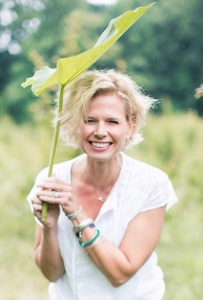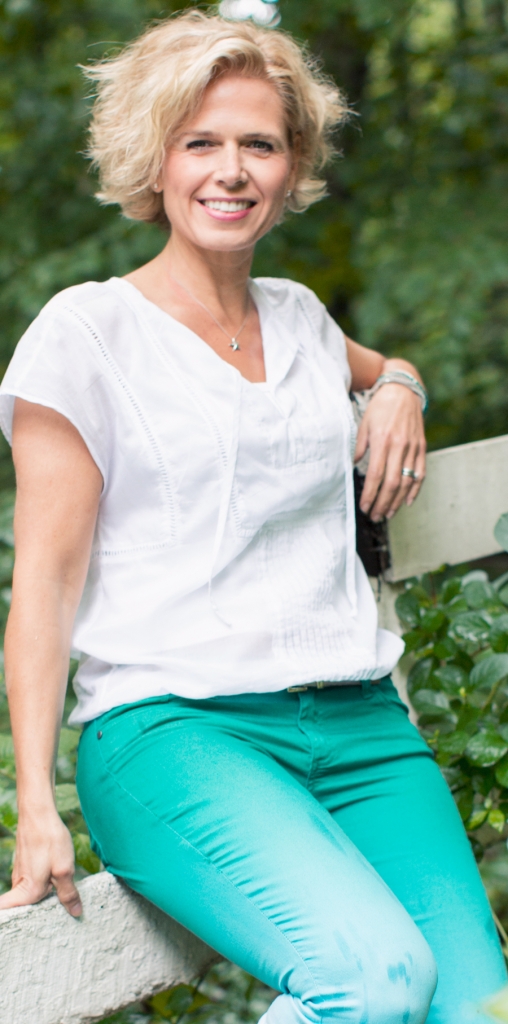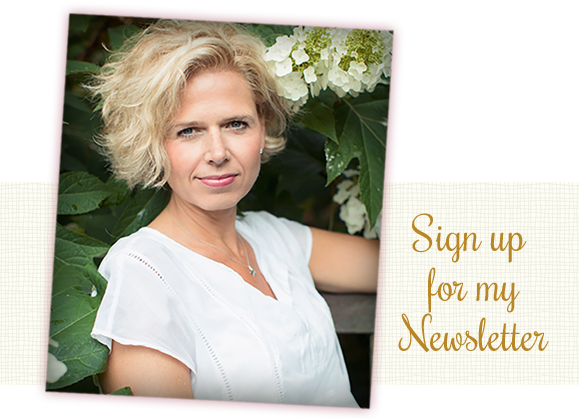Meet Charis
When I was a senior in college, I scoured reference books for the names of companies that might offer entry-level positions in the vague and not-really-a-thing field of “Romance Novels.” This was the early ’90s (which is why I was not Googling this information), and I had read hundreds of romance novels since high school but was too young to realize that merging my favorite leisure activity with my future career was both indulgent and unlikely.
Except, when it’s not.
By some miracle, I found a listing for a non-profit called Romance Writers of America. I cold-called my future boss for an interview and was hired on the spot. I packed up my journalism degree from Texas A&M and my 300 “keeper-shelf” romance novels and moved to RWA’s headquarters in Houston to take up my post as RWA’s first summer intern. Eight years later, I was still there—by then, the association’s communications manager and editor of their monthly trade journal.
During my cherished time at RWA, I facilitated media coverage for RWA members—everyone from first-time writers to romance legends. I devised ad campaigns for cinemas and subway cars, and I exhibited at publishing trade shows. I acquired and revised hundreds of articles and columns about romance fiction and was interviewed about the genre in media outlets such as The Economist, NPR, and The LA Times.
I also grew up, fell in love, got married, moved to England, and had a baby. Time marches on. Ultimately, I resigned from RWA to raise my young family and follow my husband’s career to Washington, D.C.
The impetus for my first manuscript was the lonely intersection of new motherhood and snowbound Texan. My first baby was thirteen months old when I pecked out the words, “Chapter One, Page One. ‘He was a dark and stormy knight…’”
Although I love romantic suspense and romantic comedies, my sweet spot is Regency historicals. The cocktail-party shorthand for a Regency is, “I write books about people who ride in carriages, go to balls, and fall in love.”
The unofficial greeting of my home base of Washington, DC, is, “So…what do you do?” and I’m now smoothly proficient at answering questions about my job. In honor of that, I am happy to share with you the top-ten things you (or any cocktail-party guest) might want to know about Charis Michaels, romance author.
Charis on Writing and the Romance Industry:
That Novel Feeling Podcast

Is Charis your real name?
Yes, Charis is my real name. It’s an ancient-Greek word meaning “Grace.” It’s pronounced “Share-hiss.” It’s kind of a hassle, but I rarely have to clarify which Charis I am, because typically I am the only Charis most people know.
Did you always want to be a romance novelist?
Yep, I always did.
Even before I knew what a romance novel was, I knew I wanted to be a storyteller. It wasn’t until the summer I turned 16 that I discovered the kind of story that I wanted to tell. I happened upon a copy of Almost Heaven by Judith McNaught (thanks, Mom) and was swept away by a heroine who shared my values and a damaged hero who could not survive without her.
A romance novel is a very long, exciting answer to the question: “So, how did you two meet?” This is a question I can answer again and again and again—and I do, happily—with different characters, each time I write a book.
Why Regency Historicals?
Ah, the British Regency – when the men were men, the women were ladies, and someone else did the housework.
For years, this was RWA’s sub-genre description for Regency romance. This definition gets the job done: The men of the Regency are easily depicted as rakish, brooding lords-of-the-manor. The heroines wear long dresses and take high tea—but more interestingly, they maneuver life through a myriad of constricting social expectations and consequences. Add to that the butlers, governesses, stable boys, and housekeepers who take care of (or complicate) the mundane business of everyday life, and you have a grown-up fairy tale just waiting to happen.
The Regency also has build-in plot devices that make the journey to happily-ever-after as scenic as possible: Arranged marriages, marriages of convenience, “ruined” debutantes, impoverished aristocrats who marry for money, impoverished ladies who marry to survive, highwaymen, pistols at dawn, the London “season…” – the list goes on and on.
There is also the thrill of history and learning new things about places and people who loved and lived 200 years ago. It’s nice to escape to a world where no one is expected to remember his or her online password.
And while I enjoy history and make every effort to be accurate, the sensibilities of my characters—progressive, outspoken women who make their own way, men who respect women and regard them as equals—are decidedly modern day. In this, the heroes and heroines in a Charis Michaels’ story tend to be 21st-century characters in 19th-century costumes.
What is your daily writing schedule like?
I write when my kids are at school. When they come home, I take off my writer’s hat and become Chief Operational Officer of my family. (Unless I’m on deadline, when everyone must fend for themselves.)
Where were you when you got “the call” from your publisher?
I was in line for the Smokey Mountain River Rampage at Dollywood theme park in Gatlinburg, Tennessee. True story.
My manuscript had made the final round of judging in a national writing contest, and I got a face-to-face pitch meeting with my now-editor as part of the nomination.
My editor’s call came three weeks after the pitch. At Dollywood. Surrounded by nephews. And a cheerful family from Chilhowie, Virginia, who had never met me before but promised to read my book whenever it came out.
Here it must be noted that I am a devotee of amusement parks (I once worked at Disney World), and no theme-park attraction has ever been as thrilling or satisfying as that soggy, two-minute whirl on Dolly’s River Rampage.
How long did it take you to become published?
Ten years. Ten years, four manuscripts, two finaling nominations in RWA’s national writing contest, and one critique partner.
As a stay-at-home mom, I wrote whenever I could find the time. But the effort was only me—one woman—toiling away alone. Looking back, I kept my work too close for too long. It wasn’t until I buckled down and found a critique partner that my writing shifted into high gear. (Thank you, Cheri Allan!)
Through it all, I never really considered giving up. I just kept going back to it, again and again, despite rejections or reaching the end of a book and still feeling it wasn’t ready.
I had a casual goal of being published by age 40, and I missed it by two years, but I didn’t sweat it. My attitude has always been: There’s no deadline on life…until you’re dead. And I wasn’t dead, I simply hadn’t made it yet.
All tolled, it took me ten years of writing, pitching, and entering contests to get published. Another manuscript I wrote during those years, a contemporary suspense called “Good Guy in Disguise,” has still never seen the light of day.
The first book I ever wrote became The Virgin and the Viscount. The Earl Next Door was the third manuscript I ever wrote, but my first published book.
What would you do if you were not writing romance novels?
In a dream world, I’d be a working actress. These days, I indulge my love of theatre in church productions and long, expressive stories at dinner parties where, invariably, someone’s beverage gets knocked over.
In the real world, I would likely work as a freelance book critiquer, aka a “book doctor,” if I weren’t writing books myself.
How do you spend your time when you’re not writing?
I look after my kids, my husband, and my two dogs. This takes up nearly all of my time.
My home state of Texas is my touchstone, and I visit Texas and the Texans that I hold dear very often.
In my free time, I devour other books. General fiction, non-fiction, literature, and of course—romance.
I try to go to the movies once a week.
I spend a ridiculously essential part of my day exchanging texts with my best friend.
Truly, at this point in my life, on the very rare occasion that I have absolutely nothing to do, my favorite thing is to cruise the aisles of a discount shopping retailer such as TJMaxx or Marshall’s and find a red-tag steal. I once bought a perfect-fit business suit at Ross for $4.99 (yellow tag), and I’ve made it my personal mission to beat that price on an equally beloved garment. Still looking.
When are you going to write a real book?
You’d be surprised how frequently I get this question. My level of graciousness varies, depending on who says it and how snarky they are, but the answer is always the same: No one who has actually written any book, ever, would ask this question, because only an author knows how difficult it is to do. So let’s speak again when you, dear stranger, have written a “real book.” Then we’ll have something to discuss.



